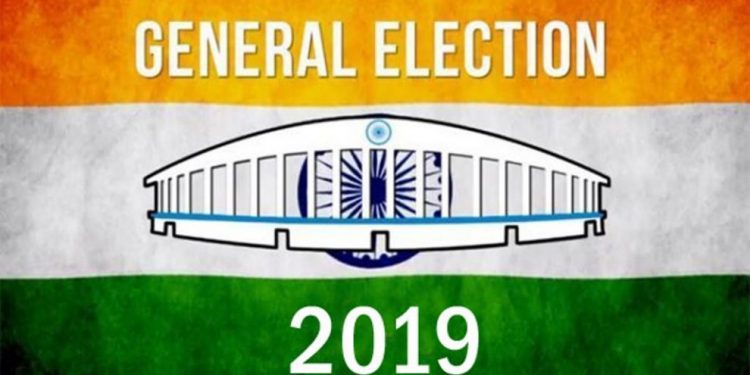New Delhi: With some poll surveys predicting that BJP-led NDA may fall short of numbers in the Lok Sabha elections, the role of regional political parties can become crucial in deciding who forms the government at the Centre, if the predictions prove correct.
Particular focus will be on parties such as YSR Congress led by Y.S. Jagan Mohan Reddy, TRS led by K Chandrasekhar Rao, BJD of Odisha Chief Minister Naveen Patnaik and the BSP-SP combine, which have displayed equidistance with both the BJP-led NDA and the Congress-led UPA.
Trinamool Congress led by West Bengal Chief Minister Mamata Banerjee and TDP headed by Chandrababu Naidu could also find a role in the government-formation at the Centre.
Banerjee and Naidu have been making efforts to cobble up an anti-BJP coalition and had even hobnobbed with the Congress in this regard.
However, Banerjee, while strongly attacking the BJP, has also been targeting the Congress, which has reciprocated in equal manner.
The BSP and SP, while being highly critical of the BJP, also snubbed the Congress by keeping it out of their pre-poll coalition.
These regional parties are players at around 180 out of the total 543 Lok Sabha seats and the criticality of their role will be determined by the numbers they get in the elections.
A hung parliament would throw up several possibilities and the leaders of the non-Congress and non-BJP block appear to favour such a situation.
Jagan Mohan Reddy had said earlier this month that he is hoping for a hung Parliament so that he gets a better deal for the state.
Makkal Needhi Maiam (MNM) leader Kamal Haasan had also said that the Lok Sabha election will result in a hung Parliament and there is a possibility of the Third Front forming the government.
A pre-poll survey conducted by Lokniti of the Centre for the Study of Developing Societies had said that despite an increase in vote share, the BJP is likely to lose seats due to a “more united Opposition” in key states. The survey pegged BJP’s seat estimate between 222 and 232, far less than 283 seats that it won in 2014 Lok Sabha elections.
The pre-poll survey showed that Congress party could win 74-84. The party had won just 44 seats in 2014.
The survey showed that National Democratic Alliance may or may not cross the majority mark, wining between 263 and 283 seats. The United Progressive Alliance is estimated to have between 115 and 135 seats.
A CVoter-IANS opinion poll released in mid-March had said that NDA is predicted to get 264 seats, falling eight short of the half-way mark of 272 to form the government. It said that UPA – led by the Congress – can get only 141 seats.
Some surveys have also predicted a majority for the NDA.
There had also been a talk of a federal front before the elections and Rao had held meetings before the elections to bring together non-BJP, non-NDA parties. Such efforts may gain momentum after the elections.
If there is a possibility of formation of a third front government, some present allies of BJP and Congress may also join it.
(IANS)







































